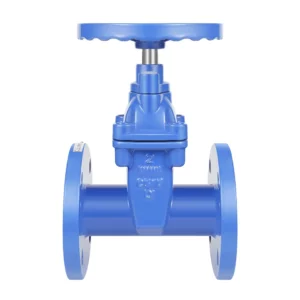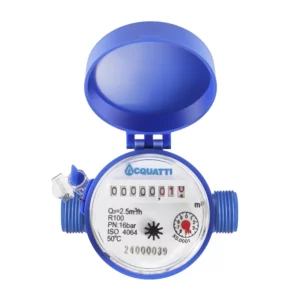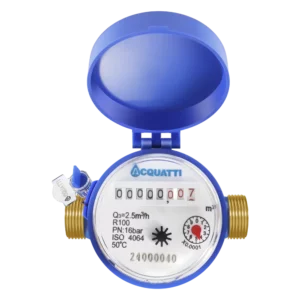Chemical, Oil & Gas
The Role of Industrial Valves in the Chemical, Oil & Gas Industry
The Importance of Valves in the Chemical, Oil & Gas Sector
In the chemical, oil & gas industry, valves are critical to controlling, isolating, and regulating the flow of hazardous fluids under high pressure and extreme temperatures. From upstream drilling operations to downstream refining and petrochemical processing, oil and gas valves provide safe and precise operation throughout the supply chain.
High-performance industrial valves for oil and gas ensure operational stability, reduce environmental risk, and prevent catastrophic equipment failures. Refineries, chemical plants, and offshore rigs all rely on API-certified valves to maintain safe, efficient, and compliant fluid management.
Environmental Requirements for Chemical and Oil & Gas Valves
Valves used in this sector must withstand some of the most extreme and corrosive environments on earth. Key requirements include:
- High-pressure tolerance: Necessary for upstream drilling and pipeline transport.
- Corrosion resistance: Exposure to acidic chemicals, sulfur compounds, and brine.
- Explosion-proof construction: Designed to operate safely in ATEX or Class I Division 1 zones.
- Extreme temperature resistance: Performance under cryogenic or high-heat environments.
- Fire-safe design: Valves must meet stringent fire-testing standards to contain flammable fluids.
Materials often include stainless steel, Inconel, or PTFE-lined valves engineered for long-term durability.
Workshop and Operational Standards in the Oil & Gas Valve Sector
Because of the high-stakes environment, operations in the chemical and oil & gas sector are governed by some of the strictest quality and safety standards in any industry:
- Zero leakage protocols: Especially for hazardous or explosive materials.
- Automated control integration: SCADA or DCS system compatibility.
- Strict inspection and pressure testing: Per API 598, ANSI, or ASME standards.
- Emergency shut-off and fail-safe design: Prevent uncontrolled discharge.
- Traceability and batch documentation: Required for critical installations.
Each control valve for refinery applications must be precision-calibrated and performance-certified before installation.
Top 10 Applications of Valves in the Chemical, Oil & Gas Industry
- Crude Oil Pipeline Isolation
- Gas Compression and Metering Stations
- Chemical Reactor Flow Control
- Offshore Platform Process Systems
- Refinery Distillation Columns
- High-Pressure Steam and Gas Lines
- Desalination and Brine Disposal
- Petrochemical Tank Farm Control
- Hydraulic Fracturing Equipment
- Emergency Shut-Off Systems
Safety Certifications and Industry Standards for Oil & Gas Valves
- API Standards: API 6D, API 598, API 607 for fire safety
- ANSI / ASME Compliance: B16.5 flanges, B31.3 piping
- ATEX / IECEx Certification: For explosion-proof equipment
- NACE MR0175 / ISO 15156: Material standards for sour gas environments
- Fire-Safe Testing: ISO 10497, API 607 certified valves
- Ingress Protection: IP65 / IP67 / IP68 ratings for offshore and rugged installations
Related Products
-
Iron Valves
NRS Cast Iron Gate Valves
-
Water Meters
Plastic Single Jet Dry Type Water Meters
-
Water Meters
Brass Single Jet Dry Type Water Meters
-
Bronze & Brass Valves
Brass Gate Valves



